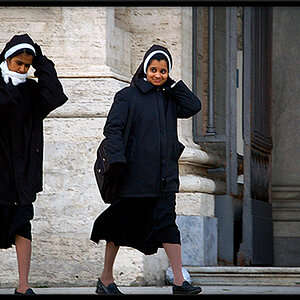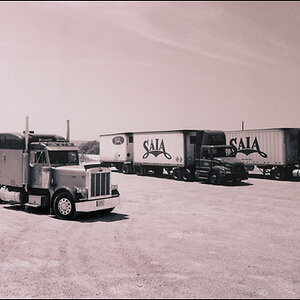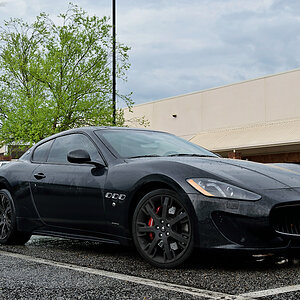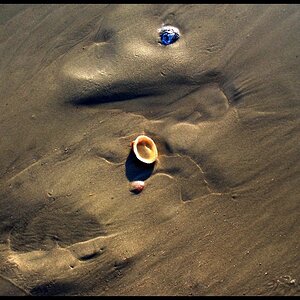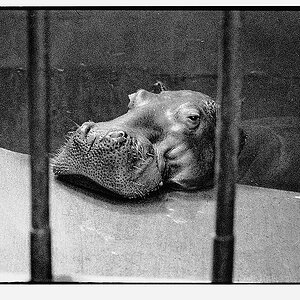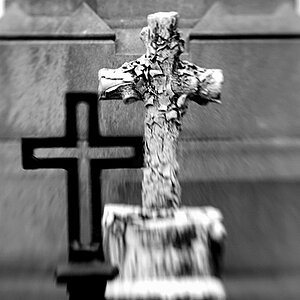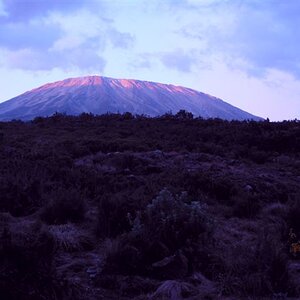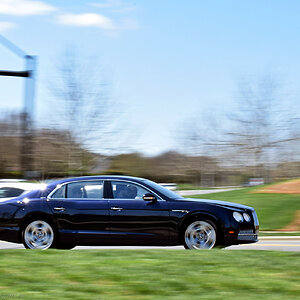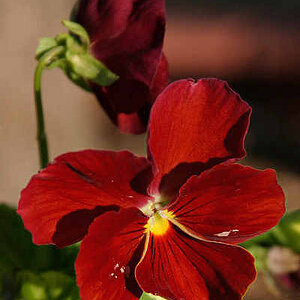ronlane
What's next?
- Joined
- Aug 3, 2012
- Messages
- 10,224
- Reaction score
- 4,961
- Location
- Mustang Oklahoma
- Website
- www.lane-images.com
- Can others edit my Photos
- Photos OK to edit
meh...
i was trying to be all deep and thinky like..
gettin all philosophical and stuff...
i should probably just stick to calculating vent settings and drug dosages. :er:
lol, here let me join you in this wanna be philosophical thinking.
Does consistency come from producing quality photos or does quality come from producing consistent photos? (chicken or the egg, huh?)


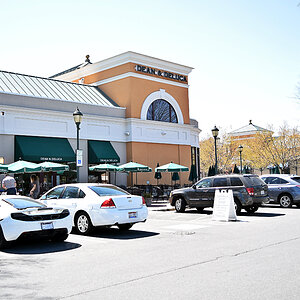
![[No title]](/data/xfmg/thumbnail/37/37605-90c8efaef5b7d1f52d4bf8e7dfd33673.jpg?1619738148)
